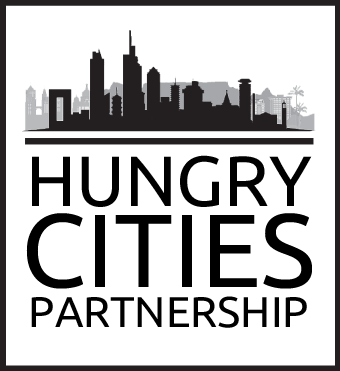Document Type
Hungry Cities Report
Publication Date
2020
Department
Balsillie School of International Affairs
Abstract
This report builds on, and should be read in conjunction with related work on informality in the Mozambican capital by the Southern African Migration Program (SAMP) (Chikanda and Raimundo 2017, Crush et al 2015, Peberdy 2000), the African Food Security Urban Network (AFSUN) (Raimundo et al 2013), and the Hungry Cities Partnership (HCP). The HCP has produced two reports that provide essential context. HCP Report No. 2, The Urban Food System of Maputo, Mozambique (Chikanda et al 2016), provides a comprehensive overview of current knowledge about the nature and operation of Maputo’s food system. It demonstrates the importance of the informal sector and city markets as a source of affordable food and employment and self-employment. HCP Report No. 10, The State of Household Food Security in Maputo (Raimundo et al 2018), presents the results of a city-wide household food security survey and provides convincing evidence of the widespread reliance of lower-income households on the informal food sector for income and as the major source of food consumed in the household. The centrality of the informal food sector in making food accessible to poor urban households and providing employment for young people has been reinforced in other recent publications (Crush and McCordic 2017, Raimundo and McCordic 2019, Sousa et al 2019). Policy responses to informality, and particularly the challenges of formalizing the informal, have also received attention (Aga et al 2019, Rogerson 2017, Sawaya and Bhero 2018).
Recommended Citation
Raimundo, Inês; Wagner, Jeremy; Crush, Jonathan; Abrahamo, Ezequiel; and McCordic, Cameron, "No. 18: Inclusive Growth and Informal Vending in Maputo's Food Markets" (2020). Hungry Cities Partnership. 42.
https://scholars.wlu.ca/hcp/42
Included in
Food Studies Commons, Human Geography Commons, Politics and Social Change Commons, Urban Studies and Planning Commons


